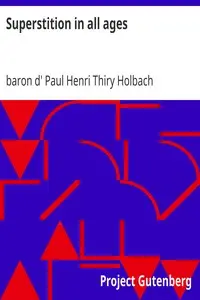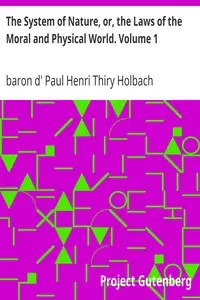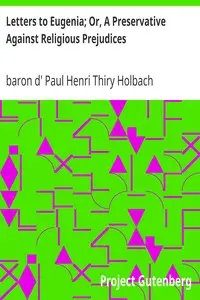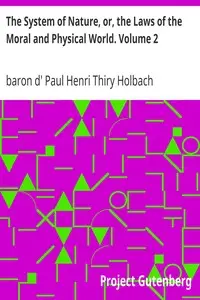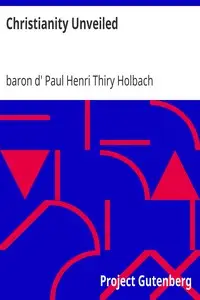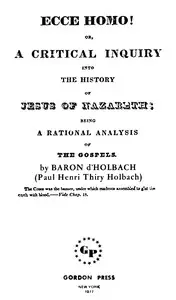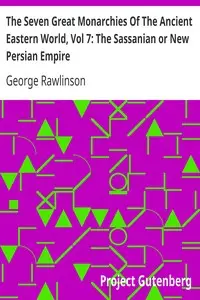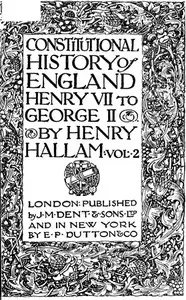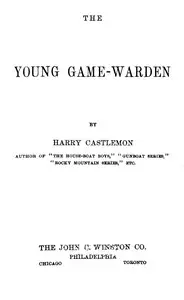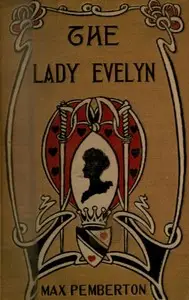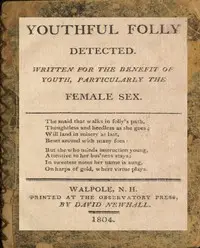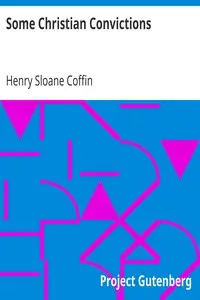"Good Sense" by Baron d' Paul Henri Thiry Holbach is a philosophical treatise written in the late 18th century. This work delves deeply into themes of atheism, reason, and morality, challenging the existence of a deity and the foundations of religious thought. Holbach argues against the credibility of theology, positing that all religious principles stem from ignorance and superstition. The opening portion of the book presents a compelling critique of religious beliefs and the concept of God, portraying religion as a mere construct designed to manipulate and control the masses. Holbach likens the world to an empire ruled by a hidden monarch (God), with priests as ministers spreading confusion and contradictions. He argues that religious dogmas rely on incomprehensible notions and instill fear, compelling individuals to adhere to absurd beliefs. Through a series of reflections, Holbach insists that morality and understanding can be achieved through reason and common sense rather than reliance on a supernatural deity. The excerpt sets the tone for a rigorous examination of the absurdities associated with religious belief and promotes a rationalist approach to ethics and human existence. (This is an automatically generated summary.)
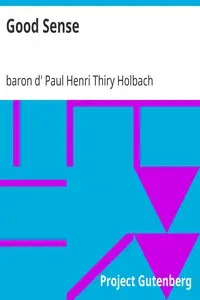
Good Sense
By Paul Henri Thiry Holbach
"Good Sense" by Baron d' Paul Henri Thiry Holbach is a philosophical treatise written in the late 18th century. This work delves deeply into themes of...
Paul-Henri Thiry, Baron d'Holbach, known as d'Holbach, was a Franco-German philosopher, encyclopedist and writer, who was a prominent figure in the French Enlightenment. He was born Paul Heinrich Dietrich in Edesheim, near Landau in the Rhenish Palatinate, but lived and worked mainly in Paris, where he kept a salon. He helped in the dissemination of "Protestant and especially German thought", particularly in the field of the sciences, but was best known for his atheism, and for his voluminous writings against religion, the most famous of them being The System of Nature (1770) and The Universal Morality (1776).

